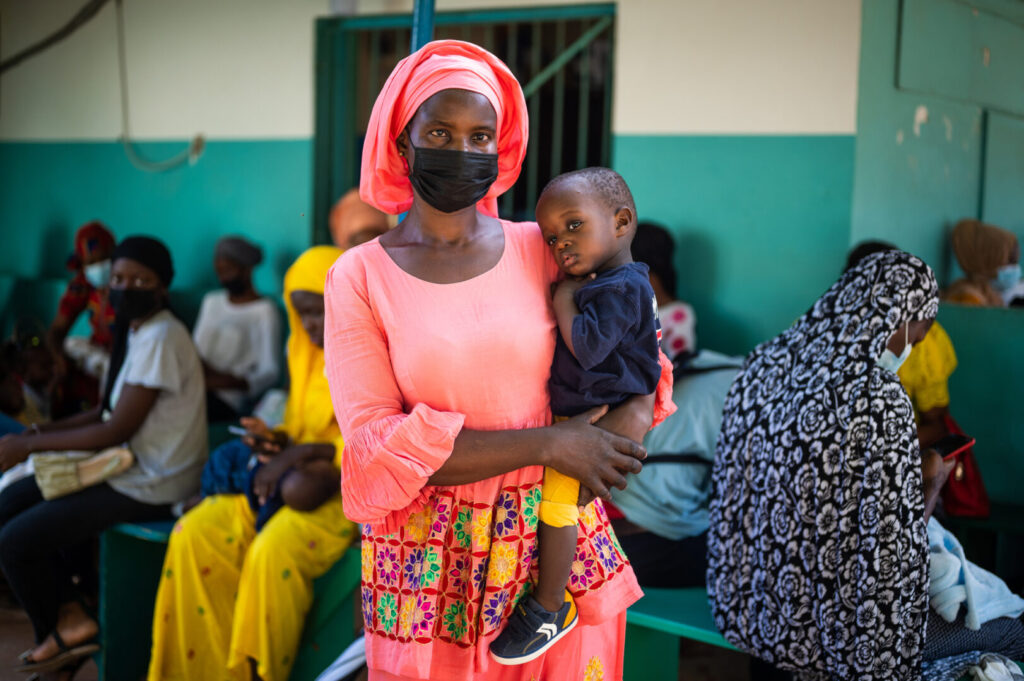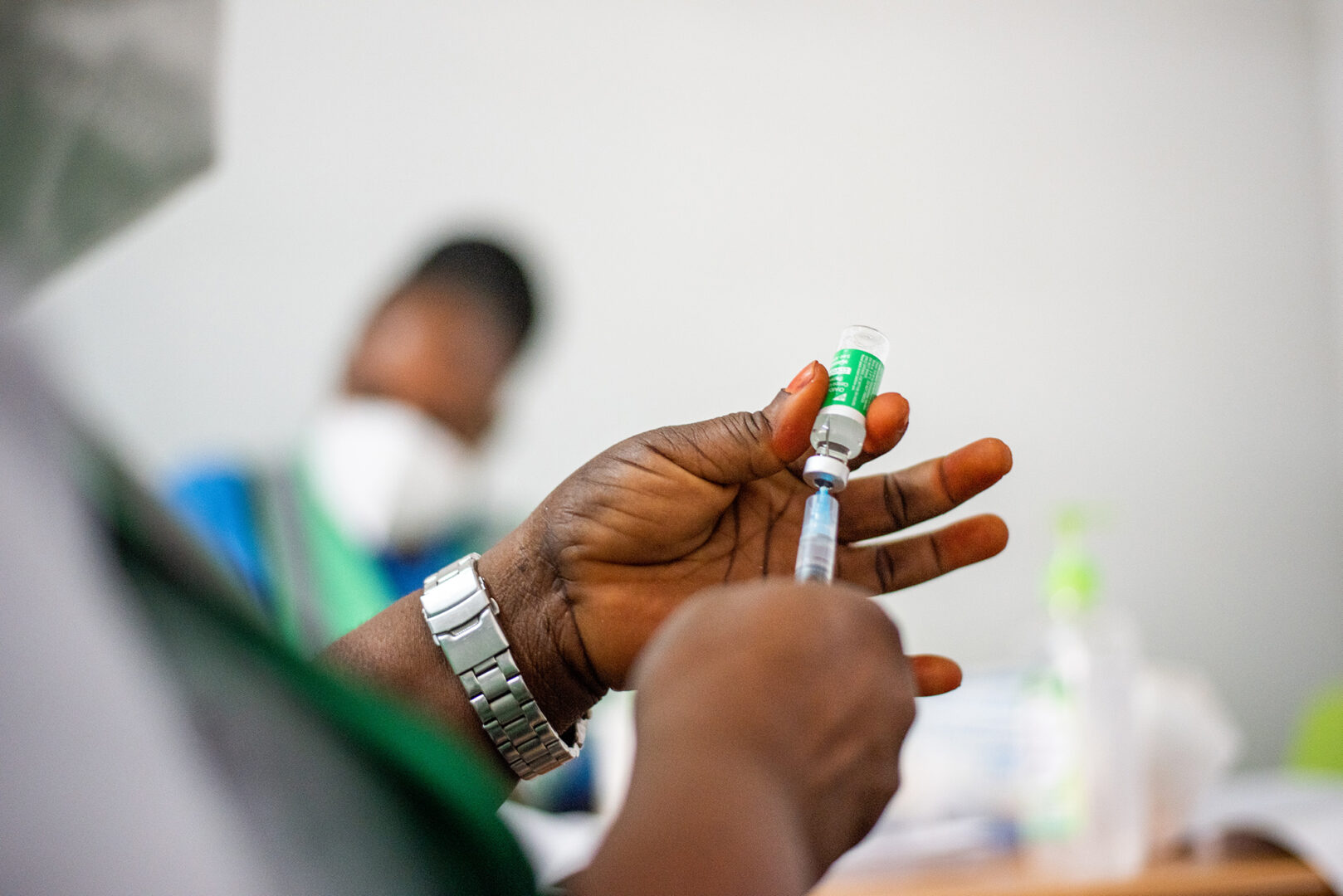In January 2021 (was that only 9 months ago?), we shared a blog with you about Vaccines and Variants where we interviewed Dr. Scott Dowell from the Bill & Melinda Gates Foundation. At that moment in time, the world was on the cusp of vaccine roll-outs expanding across wealthy countries like the US while frontline health workers battled the post-holiday surge of COVID-19 cases. Alpha and Beta variants had the attention of researchers; Delta was not yet a household term in the current pandemic.
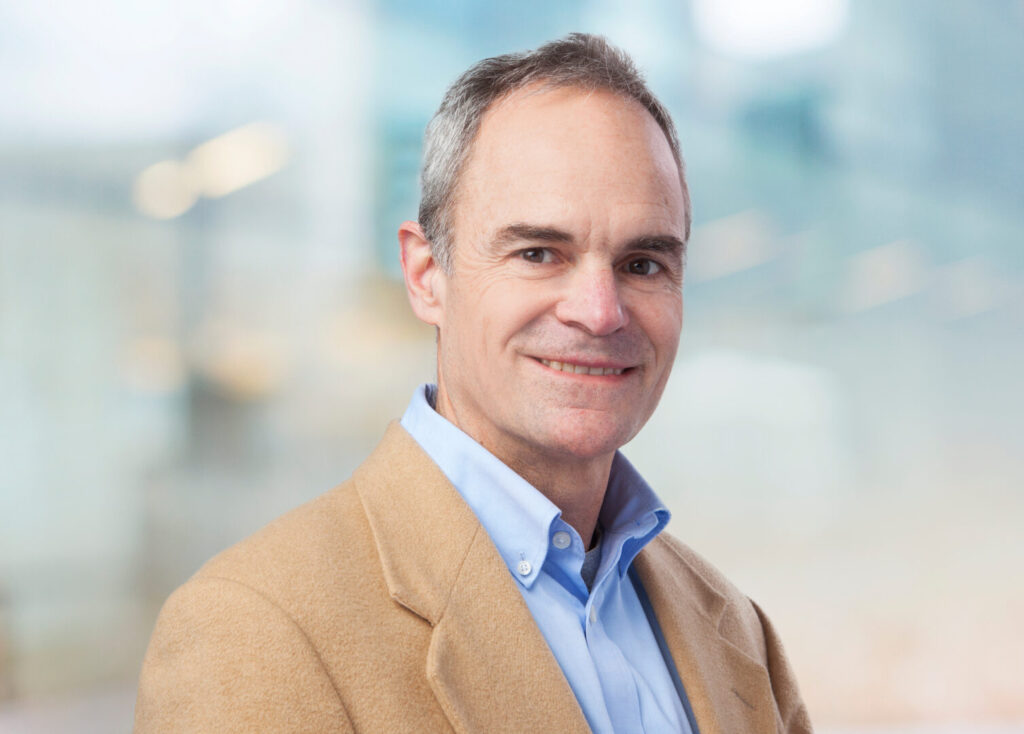
And, here we are today approaching the end of 2021 and the picture has changed yet again. The novel coronavirus that causes COVID-19 is no longer new — and yet, it continues to surprise researchers and healthcare workers with its impact on the body and its potential to evade the immune responses built up through natural immunity or vaccination.
This month, we go back to where we started 2021 and talk with Scott again about where we are in the pandemic and why he remains optimistic.
Gates Philanthropy Partners (GPP): The Gates Foundation has come out strongly on the need for global vaccine delivery. We’ve heard about the US and other countries donating vaccines. Where does the global roll-out of vaccines stand?
Scott: First let me say that we absolutely are focused on the equitable distribution of vaccines. Unfortunately, we continue to see a difference between wealthy countries and low-income countries. When we look at the data, we see that countries like Canada, parts of Europe, China, and several countries in the Middle East and South America have done quite well with rolling out vaccines. The US is somewhere in the middle as we had strong numbers early on that have tapered off since about June.
Then we look at Africa and there’s been very little vaccination for a host of reasons. We’re seeing vaccination rates of less than 10 percent — much of that has to do with supply and access, but we’re also concerned about vaccine hesitancy, which we’re seeing in many countries — and that we’ve seen before with polio, measles, and other vaccines.
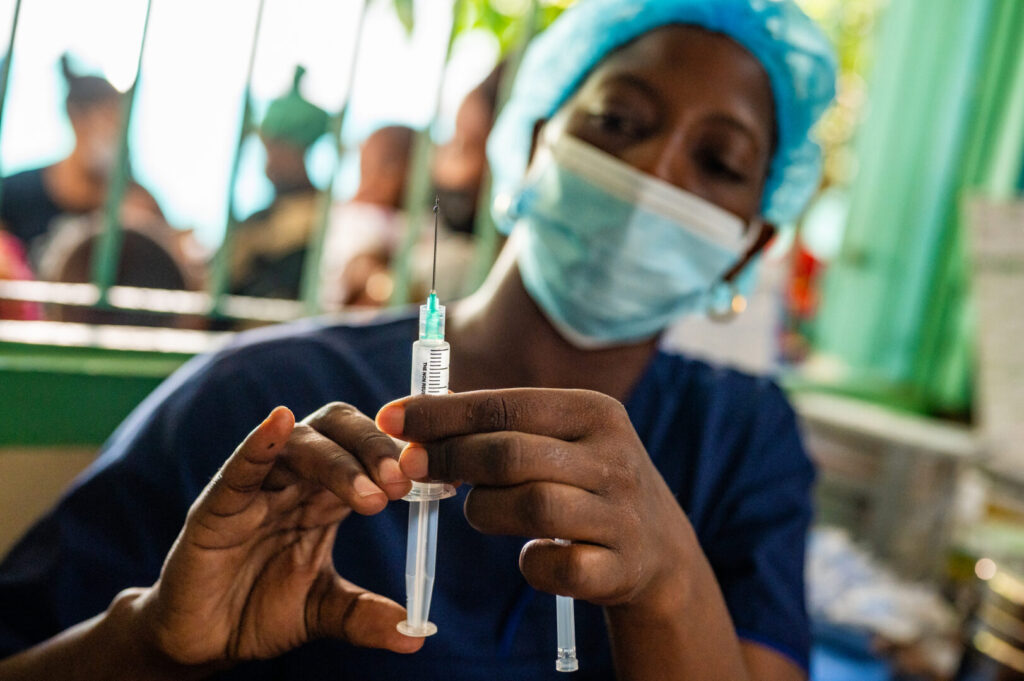
And let’s remember that as we talk about boosters for vulnerable populations here in the US and maybe in a few other countries, there are millions and millions of people around the world who have yet to receive a single dose.
GPP: Let’s talk about messaging because here in the US there is criticism that the messages haven’t been clear about what the public should do in response to the Delta variant.
Scott: I agree that some of the messaging has been confusing. That said, there is so much that we’re continuing to learn about this virus and we’re learning in real-time what would take place over months or years in closed scientific circles of peer review, discussion, publication, etc. We simply don’t have that time.
The bottom line is this: we know the vaccines are working and we know that public health measures like masking, distancing, and being outside also work. I would follow the guidance to get vaccinated and use your mask when you don’t know the vaccination status of those around you and when you’re around children under 12 who can’t yet be vaccinated.
GPP: When we connected back in January, you offered points of optimism around the vaccines and that the scientific community had really come through for humanity. Given where we are today, what’s keeping you optimistic?
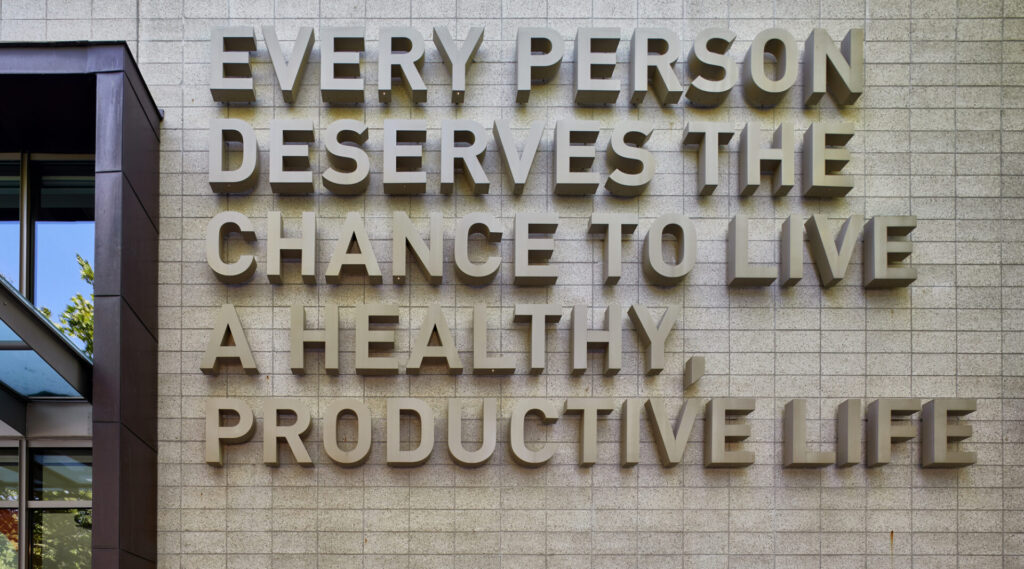
Scott: I’m still a champion of the scientific community and they continue to come through for us in real time with new data, anti-viral drug trials are ongoing, and there’s research into the next generation of vaccines that we hope will be more cost-effective for use around the world.
What’s keeping me hopeful is that the vaccines we have are incredibly effective and I really can’t emphasize enough that we are so fortunate to have these added tools in our toolbox. What’s even more exciting to me is that we see in the data that when vaccines are combined with other public health measures like masking, we really see the number of cases come down.
For example, there is new data from the WHO from August that looks at healthcare worker cases and deaths globally. What the data show is that when healthcare workers are vaccinated and have access to — and are properly using — protective equipment, cases come way down and deaths come way down. And think about this, globally, more than 24 million healthcare workers have been infected and more than 7,000 have died. Those are who we need helping the rest of us — so the fact that vaccines and PPE are keeping them healthy is both good news and a lesson for the rest of us that these measures work.
GPP: Perhaps we can speak for all of humanity that we’d just like this pandemic to end. When might that happen?
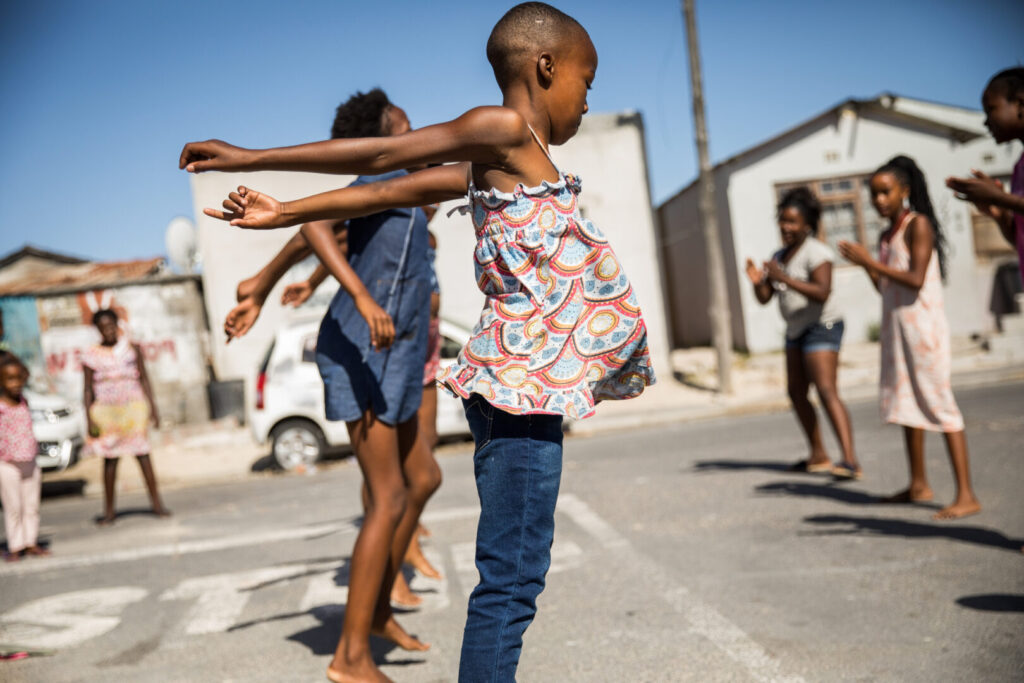
Scott: Yes, I hear you on the pandemic fatigue. At the same time, we know that this new coronavirus is going to be with us and change to what we call an endemic disease. The best hope is that we continue to have effective vaccines and that new treatments are developed so that COVID-19 becomes a manageable and more mild disease for nearly everyone. What I can’t tell you is exactly when that is going to happen because we need to see continued roll-out of vaccines and everyone continuing to do their part to bring this virus under control. It can seem like a lot to ask, but our best way out continues to be by working together.
Ways you can make a difference:
Go Give One — Go Give One is a COVID-19 fundraising campaign created by the WHO Foundation. All funds go to the Gavi COVAX AMC, which funds COVID-19 vaccines for lower-income countries, helping protect those who need vaccines the most.
Amref Health Africa trains local health workers and provides health services to meet the African continent’s dynamic and critical health needs.
Give India — Give India offers multiple ways to help families in India through the pandemic.
